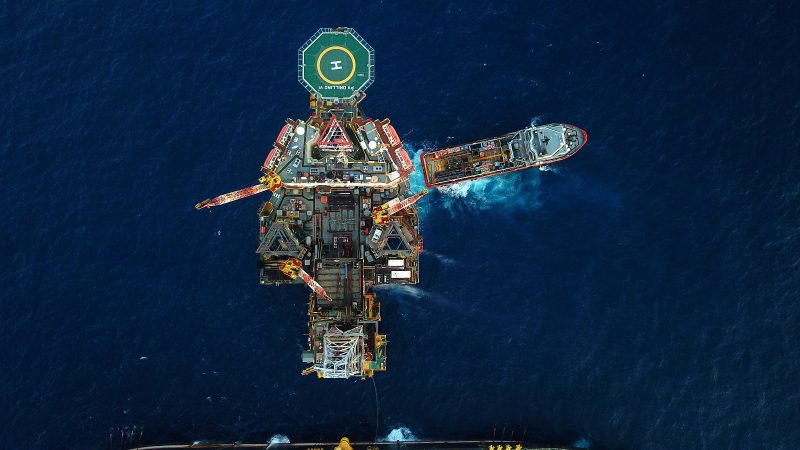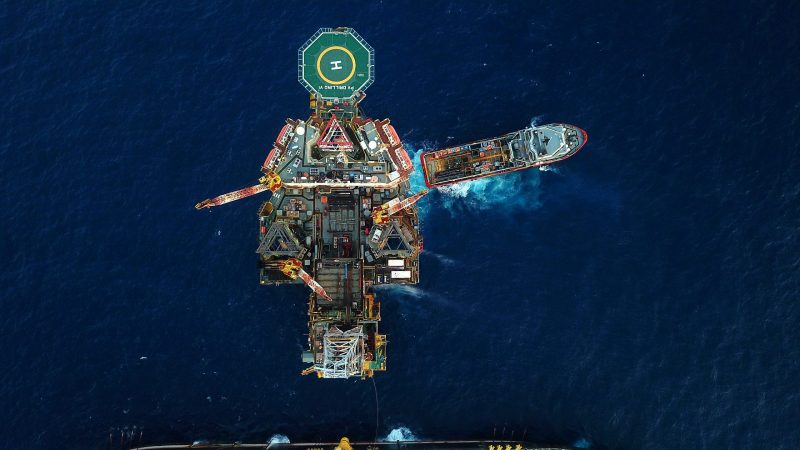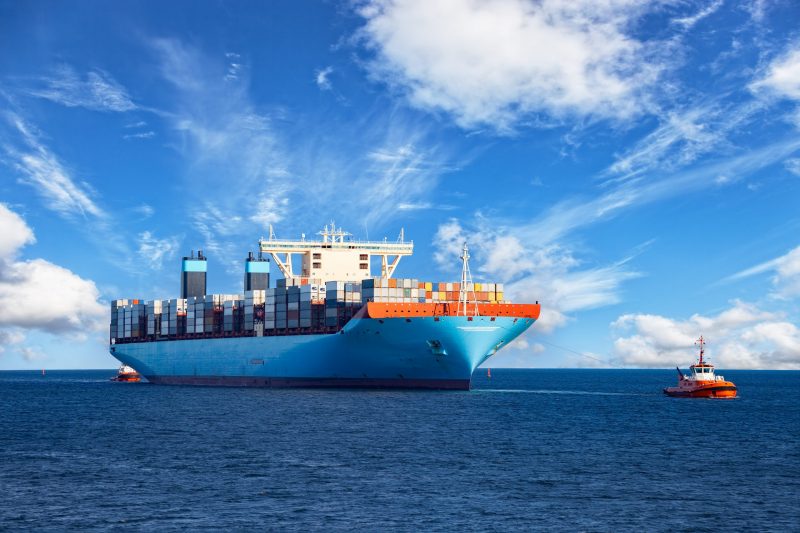
This site
is mobile
responsive
Oceans and seas cover over two-thirds of the earth’s surface. They represent a new economic perspective that holds immense resource for economic growth, employment and innovation. According to the Organisation for Economic Co-Operation and Development (OECD), the ocean contributes approximately US$1.5 trillion annually to the overall world economy, and this may more than double by 2030. Offshore oil and gas accounts for one-third of the ocean-based industries’ total value, followed by maritime and coastal tourism; and maritime equipment and ports.
The World Bank defines Blue Economy as the “sustainable use of ocean resources for economic growth, improved livelihoods and jobs while preserving the health of the ocean ecosystem”. The World Ocean Summit in 2015 described it as a sustainable ocean economy that emerge when economic activity is in balance with ocean ecosystems’ support to remain resilient and healthy.
The Partnerships in Environmental Management for the Seas of East Asia (PEMSEA) in its 2018 report identified the following nine (9) key industries of the Blue Economy:
As the COVID-19 pandemic has resulted in massive economic consequences, it is perhaps timely for Malaysia to revisit on the Ocean or Blue Economy for its incredible untapped growth potential.
Of all the key industries listed, a promising prospect for Malaysia to focus on is ‘port, shipping and marine transport’, which form the maritime industry. The maritime industry in Malaysia contributes about 40 per cent of the country’s gross domestic product (GDP). More than 90 percent of Malaysia’s exports are by sea.
Over the last ten years, Malaysian ports have recorded an average trade growth of three (3) per cent in compound cargo throughput. Supporting this growth, Port Klang – Malaysia’s largest port, plans to increase its capacity by 50 per cent to 30 million twenty-foot equivalent units (TEUs) per annum by the year 2040. Similarly, the Port of Tanjung Pelepas (PTP) in Johor is developing a new berth that will add 3.5 million TEUs to its current capacity by 2025.
To further capture rising opportunities, the maritime industry needs to be more technologically driven for better stewardship of the ocean or ‘blue’ resources. The industry is continuously under pressure to meet the commercial marketplace needs and carbon emissions regulations set by the International Maritime Organisation (IMO). Although global ocean-related risks such as illegal, unreported and unregulated (IUU) fishing and marine plastic pollution are difficult to control, opportunities in areas such as ocean renewable energy are rapidly emerging.

Malaysia needs to develop a thorough understanding of marine and coastal resources and create new tools to contain the challenges and reap the benefits the Blue Economy has on the nation’s socio-economic activities.
The vital step should be to implement sustainable policies to revitalise the economy, spur the recovery in raising resilience amid the pandemic. A coordinated regulatory and policy platform for maritime sector development via the Blue Economy should be pursued to create a favourable, conducive and sustainable business environment. Hence, collaborations with leading stakeholders including international organisations, governments, NGOs, investors, scientists and other ‘experts’ are paramount.
The Malaysian Investment Development Authority (MIDA) is ready to support local and international maritime services industries while also advocating the adoption of advanced technologies. The uptake of technologies in operational measures aimed at sustainable impacts could span across modern green ports or terminals, consumption of low carbon fuels and process transparency through real-time monitoring.
For more information, visit www.mida.gov.my.

Source: MIDA e-Newsletter February 2021